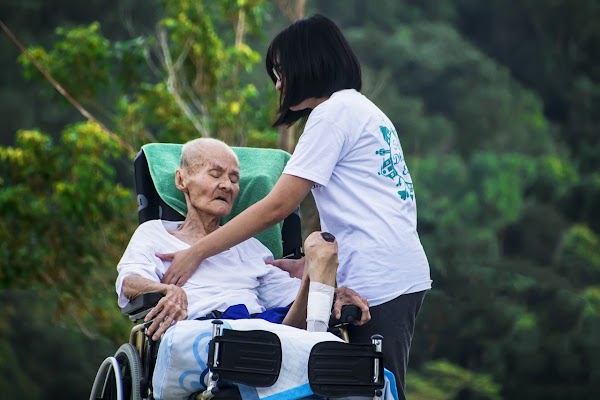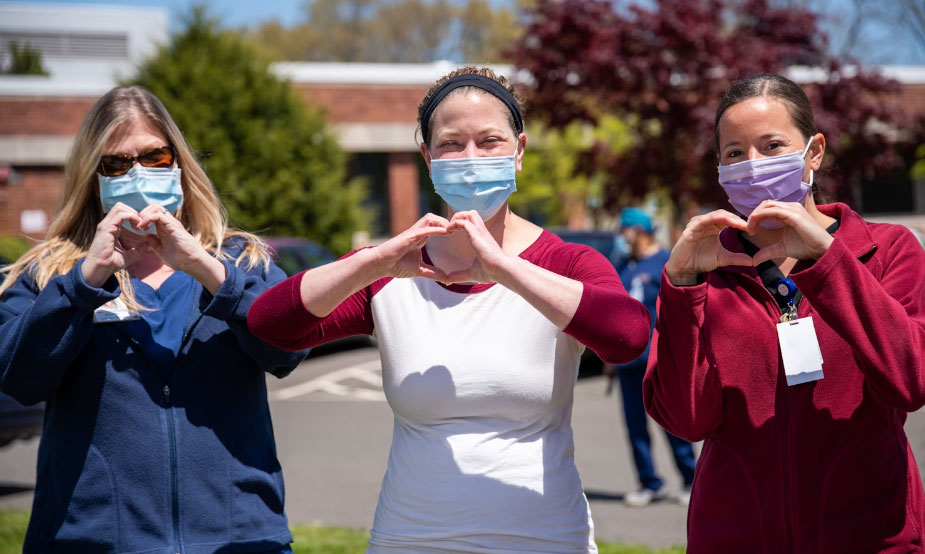As human beings, we have the knowledge that we and our loved ones will all one day pass away. That means that for many of us, the grieving process may begin before death. This is known as “anticipatory grief.”
What is Anticipatory Grief?
Anticipatory grief is when we experience grief about events we are anticipating in our future. These can include the death of a loved one, our own eventual death, or other things we may lose along the way. A person with a terminal illness that is going to result in loss of function or increasing pain may mourn the autonomy and pain-free days they will lose. Anticipatory grief is contrasted with what we call “conventional grief,” which is grief we feel for events that have already happened.
Are You Experiencing Anticipatory Grief?
If you or your loved one is in hospice care or will be soon, it is common to experience anticipatory grief. A person may spend many months in hospice, which gives them and their loved ones quite a bit of time to experience this form of grieving.
Signs and symptoms of anticipatory grief can vary from one individual to another, as can their frequency and intensity. Some may include:
- The classic five “stages” of grief: denial, bargaining, anger, depression and acceptance.
- Anxiety or worry.
- Fear.
- Sadness or despair.
- Intrusive thoughts.
- Deliberate thoughts and focus on dying, death or what may or may not follow.
- Guilt.
- Feelings of loneliness or isolation.
- Physical manifestations like exhaustion, headaches or difficulties falling or staying asleep.
- Existential crisis.
How Can You Cope with Anticipatory Grief?
Some people may seek to avoid their grief, burying themselves in distractions. Others may want to tackle it head-on. Either way, there are some things you can do to help you cope at this time.
- Education: Anticipatory grief can be a confusing and overwhelming experience—especially if you have never been through it before. But every loss is unique, so even if you have been through a grieving process before, you can still be caught off guard by a subsequent anticipated loss. Educating yourself about the ways anticipatory grief can manifest and how you can cope can help you to understand and process what you are experiencing.
- Support groups: Because anticipatory grief can feel isolating, it can help to get outside of that bubble of isolation by connecting with other people who are experiencing anticipatory grief too. Just having people you can relate to or who can share coping ideas with you can be a big help.
- Counseling: Receiving counseling from a caring individual who is familiar with the process of anticipatory grief can be another psychological and emotional lifeline when you are struggling. Being able to talk out our emotions can help us to process them and make sense of the situations we are facing.
- Sit with your feelings: You are probably going to find yourself experiencing a lot of uncomfortable feelings during anticipatory grief. It is important to understand that all of these feelings are okay. Trying to suppress them will not make them go away; it will just make the entire process harder.
- Live life in balance: You are going to need to spend time and energy focusing on and processing your grief. But you also are going to cope better if you continue to maintain balance in your life. If you can, try to keep up with other activities. Take care of your loved one, but take care of yourself too.
- Work through unresolved issues: When a death is sudden, it takes away any chance at resolution or reconciliation. While anticipatory grief is painful, try to look at this situation as an opportunity to address those issues while you still have the chance.
- Spend time with loved ones: Spend as much time as possible with those you love. Doing so is a way to create memories for yourself and for them.
Find Out How We Can Help You and Your Loved Ones
At Golden Rule Hospice, we offer bereavement support and grief counseling to patients and their caregivers and loved ones. We can help you learn and understand more about anticipatory grief, explore your thoughts and feelings, and listen with compassion if you need to talk about what you are going through. We are authorized to offer hospice care to patients in Georgia, including Woodstock, Brookhaven, Stonecrest, Douglasville, Gainesville, Stockbridge, Marietta, Peachtree Corners, and Smyrna. To schedule your consultation now, please give us a call at (470) 395-6567.
We live by the Golden Rule
Treat others the way you would like to be treated.







